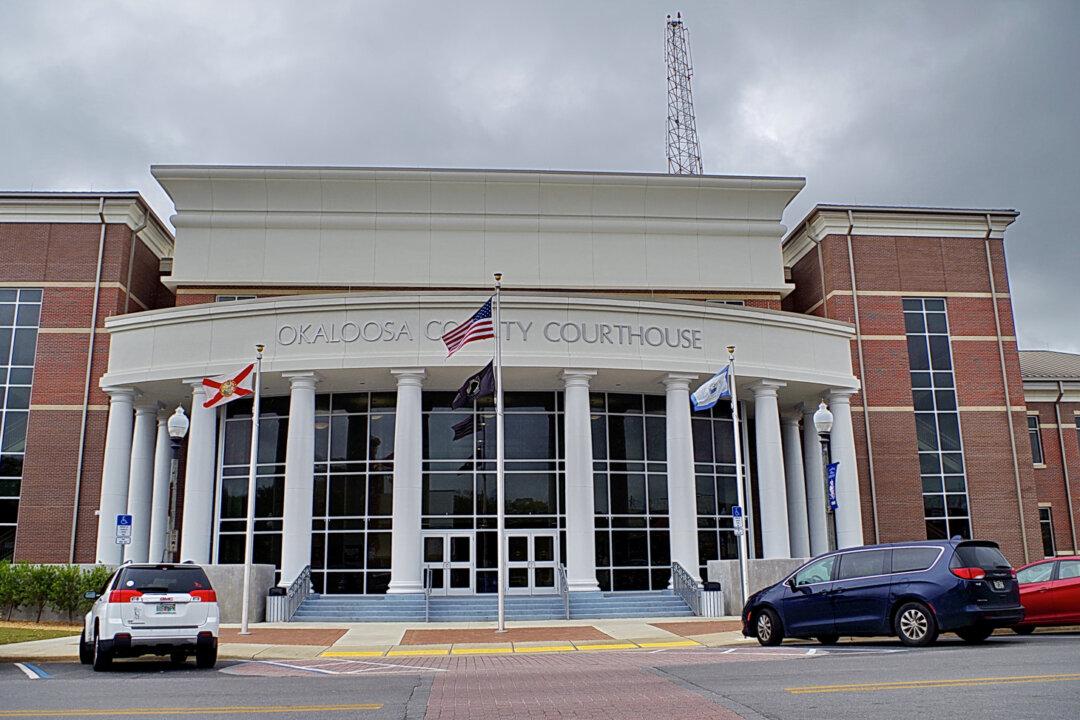A private, not-for-profit, conservative organization of political and social reformers has obtained evidence they say shows that Florida’s voter rolls are a mess. And group members want something done about it.
The Florida Republican Assembly (FRA) “cyber team” analyzed the nearly 15 million names and addresses on the state voter roll, the group’s vice president for voter integrity, Kris Jurski, told The Epoch Times.





